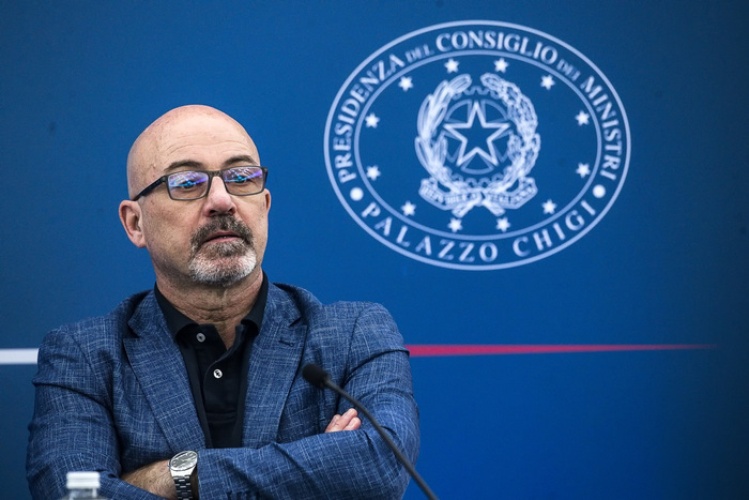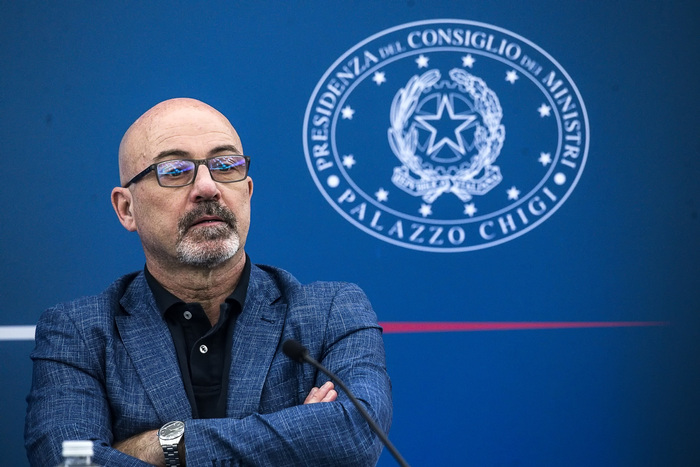On Wednesday, Italy reached its target of 90 per cent gas stocks early, with respect to a deadline of the end of the autumn, Ecological Transition Minister Roberto Cingolani said.
“This target has been made possible by the intense work carried out by the government over the past few months, thanks to Snam and the support of GSE and ARERA,” he said amid sabotage-caused leaks to two major pipelines from Russia to Europe which the EU has so far stopped short of blaming directly on Moscow.
“This result enables us to aim for an even more ambitious objective, on which we will work in the coming weeks, aimed at reaching 92-3 per cent of stocks, so as to guarantee greater flexibility in the event of spikes in winter consumption.”
The government must move fast to help Italian households and businesses hit by a record rise in gas and electricity prices amid the Ukraine war, Lega leader Matteo Salvini said recently.
Unless energy prices fall, said the nationalist leader, gas and electricity must be rationed.
Salvini said at least 30 billion euro would be needed to address the energy emergency.
He said Russian sanctions were not stopping the Ukraine war, and in the meantime Italy was “on its knees” amid alleged blackmail on gas supplies from Moscow.
Premier Mario Draghi said that gas and other energy sources had reached “unsustainable” costs, and reiterated Italy’s demand for a price cap at a national and European level.
Draghi has managed to get the EU to commit to considering an energy price cap.
The outgoing premier added that “with the new regassification terminals Italy will be able to be completely independent from Russian gas from autumn 2024.
“This is a fundamental goal for national security”.
Draghi said that unlike other European countries such as Germany, Russian gas was ever less significant for Italian needs and plans had been laid for savings “at an increasing intensity”.
The Italian government has been working hard to end the nation’s reliance on Russian gas since Moscow’s invasion of Ukraine on February 24, reaching and preparing a series of agreements to boost supplies from elsewhere.
The proportion of Italy’s gas supplied by Moscow has already fallen from 40 per cent at the start of the conflict to around 25 per cent now, sources said recently.
Algeria’s share has risen to over 30 per cent.
The Italian government has “moved rapidly” to diversify suppliers by scrambling to set up alternatives with countries like Algeria, Angola, Congo, Libya, Egypt, Israel and Mozambique, Premier Draghi said.
Fuel giant Eni recently joined the world’s largest Liquefied Natural Gas (LNG) project in Qatar, and has also announced a highly significant gas find off Cyprus.
Italy’s economy, industry and ecological transition ministries have been looking at ways to help households and businesses to cope with spiralling energy costs.
The government has already passed price-curbing measures and has been asked to use a possible windfall levy on huge power company profits to do more.











